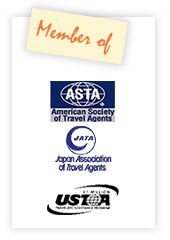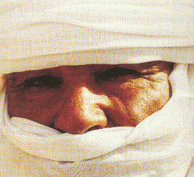  |
Practical Information about Libya
Entry Formalities
| Names, passport and visa information for each visitor should be made available to Atlantis Voyages ten days before their arrival to Libya. Border formalities are completed with our assistance. Visitors should expect to spend about an hour to complete formalities. |
Money
| The unit of currency, the Libyan Dinar (LD), is divided into 1000 dirhams. |
Tipping
| Since it is not a custom in Libya, our guests need not be concerned with tipping. |
|
 |
Road Travel
| Atlantis guests may travel in Renault, Hyundai and Neoplan buses with capacities ranging from 45 to 50 passengers. Segments of desert travel are in 4 wheel drive vehicles. |
Guides
| Our Libyan guides include Mr Bannour Habibi, Mr Sabri Lothi, and Mr Salem Salema, each of whom has been guiding visitors since Libya opened to tourism. In addition, we contract the services of Mr Khaled Shiha and Mr. Salah Malti. Our local Leptis Magna guide is Mr. Sulaiman |
Hotels
| Guests of Atlantis Voyages are accommodated at the following hotels: |
| City |
Hotel |
Telephone |
Fax |
| Tripoli |
Hotel Kabir |
218 21 4445 945/58 |
218 21 4445 950 |
| Zliten |
Hotel Zliten |
218 521 620 120/129 |
218 521 620 121 |
| Misratha |
Hotel Gouzticks |
218 51 614 614 |
218 51 610 500 |
| Benghazi |
Hotel Tibesti |
218 61 90 90 016 |
218 61 90 90 031 |
| El Bayda |
Hotel Bayda Palace |
218 854 23 455 |
218 854 23 456 |
| Ghadames |
Hotel Waha |
218 484 25 69/71 |
218 484 25 68 |
Libyan Food
| Libyan food is a combination of Mediterranean and Arab tastes. Semolina based Couscous figures prominently on the menu. The traditional Bazin, lamb or beef on a bed of rice, is also popular. There is a splendid variety of fish on the coasts, including species rarely found elsewhere in the Mediterranean.
No alcohol is served in Libyan hotels or restaurants, nor may it be brought into the country by visitors.
|
Photography
Visitors are free to take photos at most sites. However, video cameras are NOT allowed and visitors may not photograph objects in museums.
Guides will advise visitors when photography is not appropriate. |
For more information about Libya
Libya's classical history
www.alnpete.co.uk/lepcis
www.history.mcs.st-andrews.ac.uk/history
www.unesco.org/whc/sites
www.libyaonline.com
Economic and human development
www.undp.org/undp
|
|
|
|

